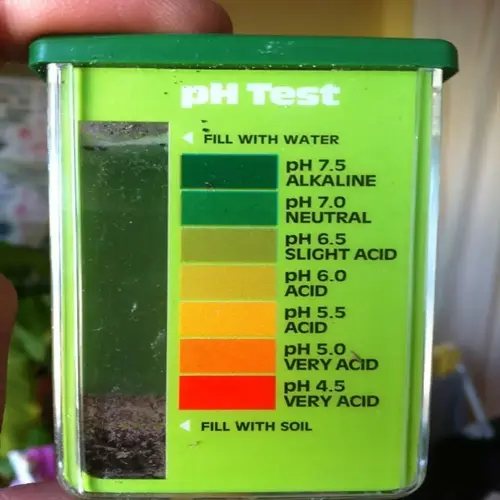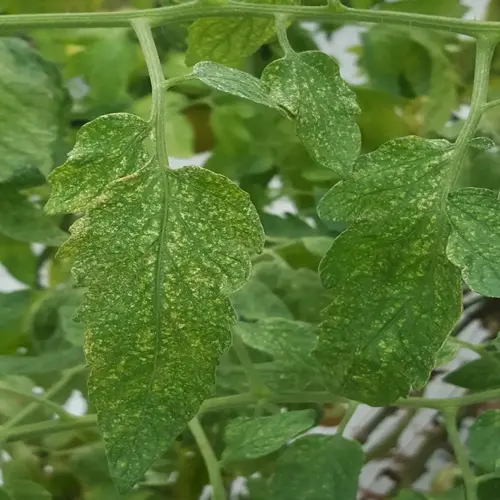How does climate affect succulent soil needs?

Written by
Tina Carter
Reviewed by
Prof. Martin Thorne, Ph.D.Local climate conditions will directly influence what soil mix composition is best for your succulents. Succulents have specialized root systems that allow them to adapt to varying local conditions. Therefore, soil must compensate for variations in humidity, rainfall, and temperature. What works in the arid deserts of Arizona may put a quick end to good plants in humid Florida. Alter your mix according to climate and conditions.
Humid Regions
- Increase inorganic components to 70% for enhanced drainage
- Use coarse pumice instead of lighter perlite
- Reduce organic content to prevent constant moisture retention
Arid Zones
- Add 10% water-retentive zeolite to buffer drought stress
- Include slightly more coco coir (up to 40%)
- Protect soil surface with gravel mulch against evaporation
Indoor Environments
- Boost perlite content for limited airflow conditions
- Use 50% inorganic material to prevent stagnant moisture
- Smaller particle sizes work better in controlled spaces
Outdoor Planters
- Incorporate heavier pumice for wind resistance
- Add lava rock for stability in exposed locations
- Deeper soil profiles buffer temperature extremes
Look for signals of temperature stress in plants. Watch the humidity for stretched growth in the air. Dry areas exhibit excessive leaf wrinkling. Make soil changes before permanent damage occurs. My succulents in Seattle needed more grit than in Nevada. Your area tells the necessary adjustments.
When the seasons change, adjustments are necessary. Add more perlite before the rainy season. Add more organic matter during periods of high heat. Use top-dressing gravel in the winter for added insulation. It is the small things that keep the roots healthy. Your plants make the transitions between the weather conditions with ease.
Specialized additives address microclimate issues. Zeolite retains water in arid conditions. Charcoal cleanses impurities from humid air. Lava rock anchors plants from coastal winds. First, try out new blends in small quantities. Your customized soil becomes a medium for adapting to a microclimate.
Read the full article: Ultimate Succulent Soil Mix Guide

